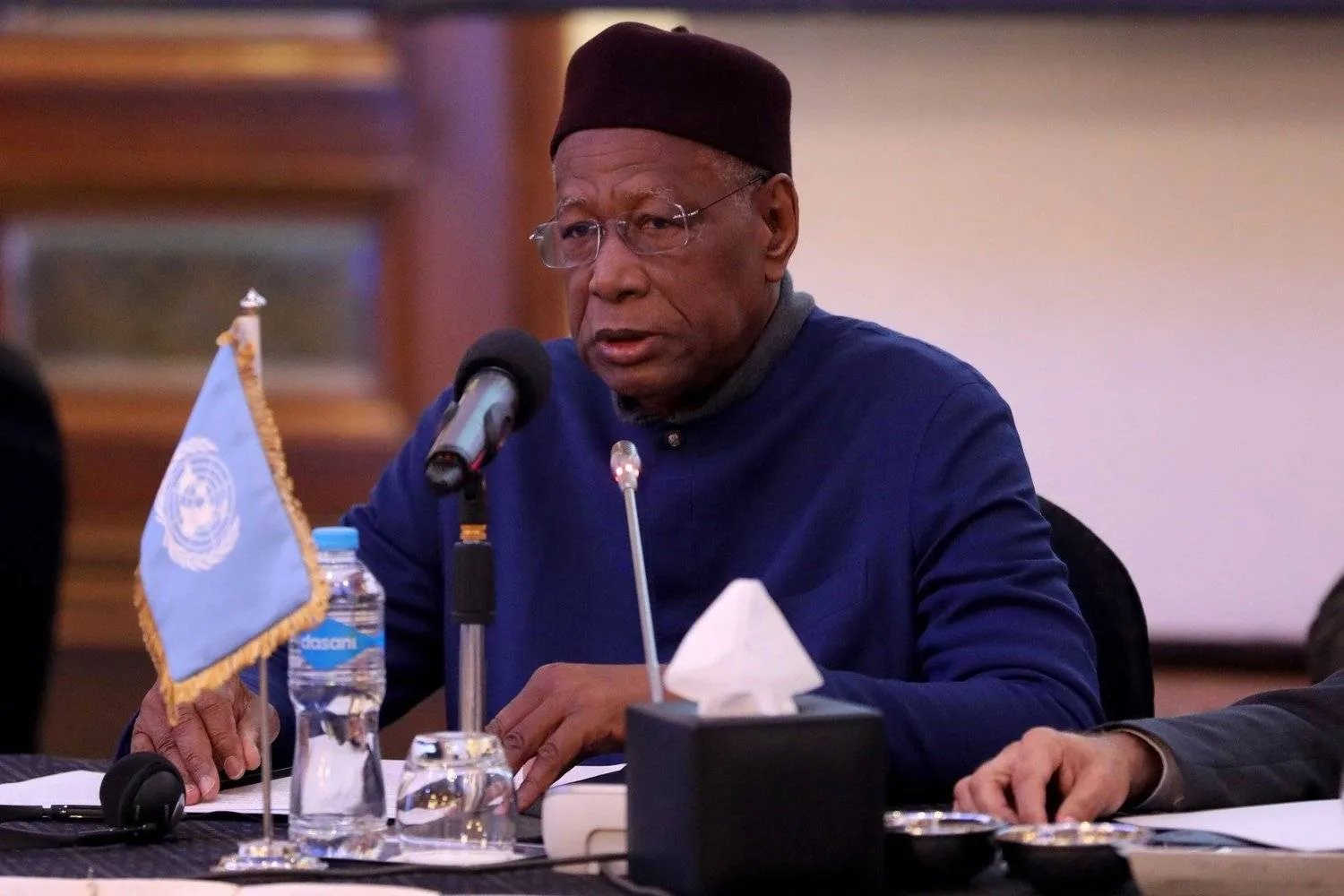The UN Security Council will hold its bi-monthly briefing on the situation in Libya, during which UN Envoy Abdoulaye Bathily will brief the Security Council on the recent political, security, and humanitarian developments.
The session will also address the Secretary-General's latest report on the UN Mission in Libya (UNSMIL).
The Security Council Report website, which follows UN news, stated that the goal of the Security Council is to support the political momentum and UN-led mediation efforts towards national elections and forming a unified government.
The Council's objectives related to Libya also focus on helping foster common political ground between the country's rival legislatures to agree on electoral law, a goal that Bathily has repeatedly urged Council members to support by wielding their influence on national stakeholders.
At December's meeting, members may reiterate their call on Libyan actors to engage in good-faith negotiations to achieve consensus on outstanding political issues.
The rival governments had initially expressed their intent to finalize legislation to hold elections by the end of the year.
Furthermore, some members may welcome Bathily's proposed meeting of institutional stakeholders and urge them to participate in these discussions productively.









